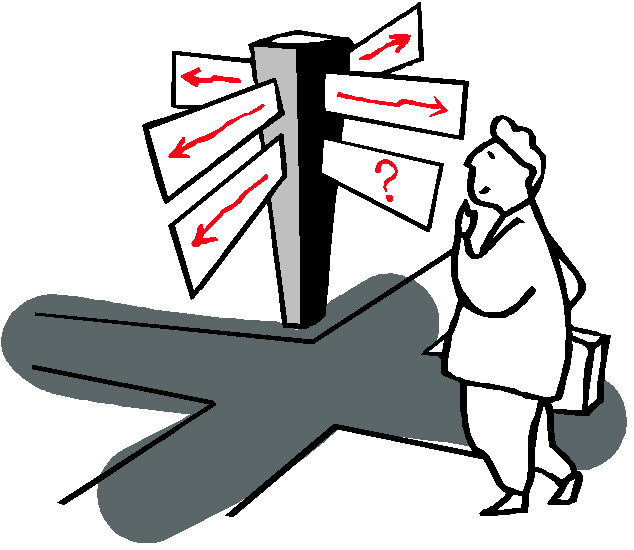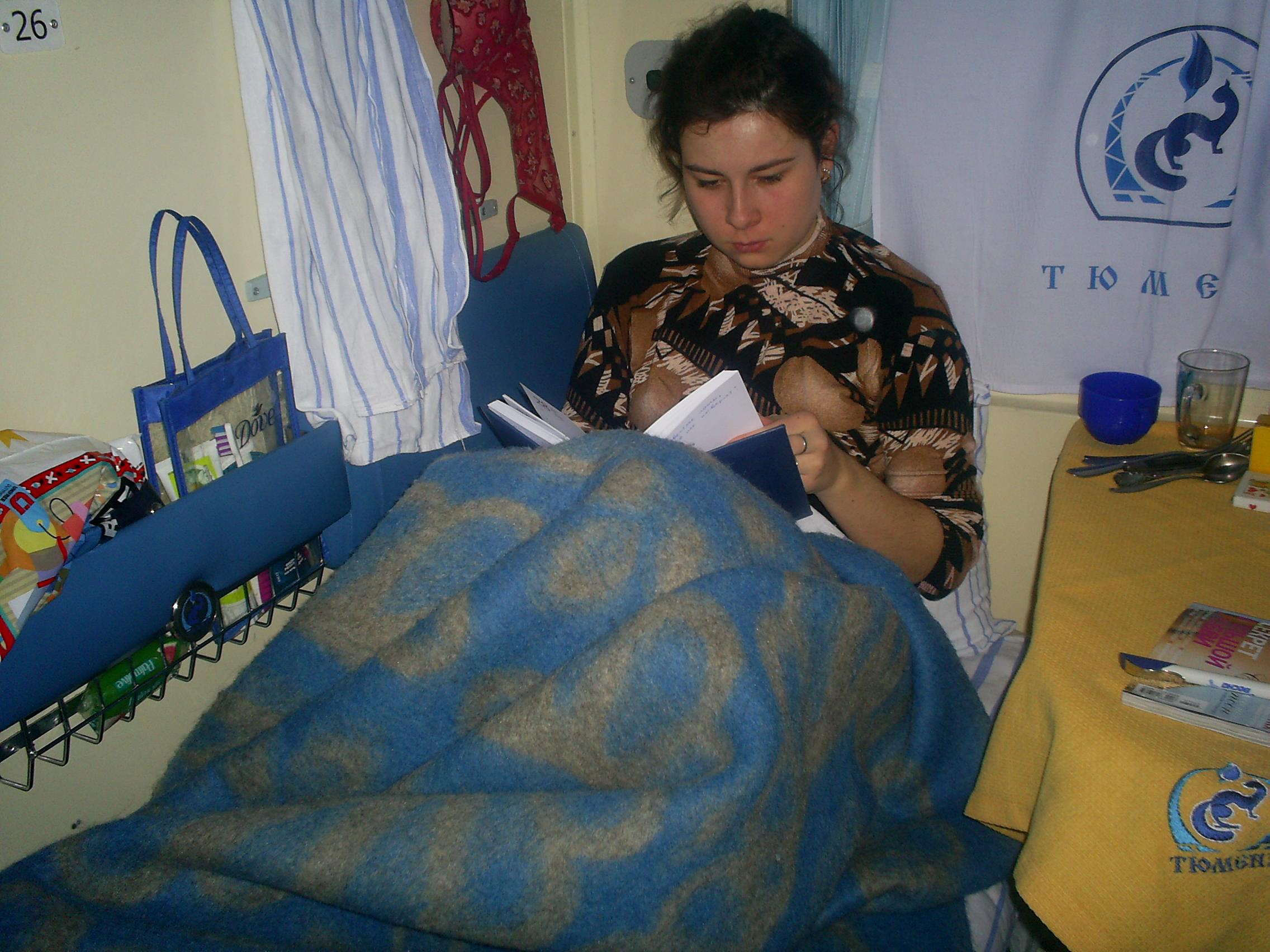
- •Contents
- •Введение
- •Topic 1 My Biography
- •1. Vocabulary focus
- •1. Read and learn the following words:
- •2. Read and translate texts 1,2: Text 1 (Elementary level)
- •Text 2 (Pre-Intermediate Level)
- •Introducing Myself
- •3. Speaking comprehension skills
- •3.1. Answer the following questions: (Text 1)
- •3.2. Tell about your family:
- •3.3. Fill in the gaps with the appropriate words: (Text 2)
- •4.4 Write the short answers for the questions:
- •4.5.Write ’s in the correct place in the sentences, as in the example:
- •Vocabulary:
- •5.1. Find these sentences in the text:
- •5.2 Fill in the gaps with the appropriate words:
- •5.3. Complete these sentences:
- •5.4 Answer the following questions:
- •6.2.Does she give the answers to these questions in the text? Write y or n in the boxes.
- •6.9.Read the text 5 and match the questions with each paragraph. There is one extra question.
- •6.10. Which paragraphs give specific information about Corinne’s family? Which paragraphs give more general information?
- •6.11.Complete a family tree ...
- •6.12.Read about four people.
- •Magnus Mills
- •Allan, Doug, Richard and Kirsty are Plankton …
- •6.13. Read the text about the Iglesias family: Text 6
- •6.14. Complete the information in the family tree about the Iglesias family:
- •7.1.Fill box 1 on the card below about yourself, then interview five other people in the class. Only tick (γ) the box if they answer yes. (You will also be asked questions.)
- •7.2.Fill box 1 on the card below about yourself, then interview five other people in the class. Only tick (γ) the box if they answer yes. (You will also be asked questions.)
- •Topic 2 my working day Warm up
- •1.Vocabulary focus
- •1.2. Pay attention to the difference of the meanings of the words
- •1.3. Study the time:
- •1.4. Match the words in the left-hand column with the definitions in the right-hand column:
- •2. Read and translate the text:
- •3. Grammar focus
- •4.Communication skills
- •4.1. Fill in the blanks with prepositions when necessary:
- •4.2. State the type of question and answer them:
- •4.3. Complete the sentences:
- •4.4. Put down the questions to the following answers:
- •4.5.Carolina Da Cruz is a radio dj. Look at what she usually does every day. Then use the words in the box to complete the description.
- •4.6. Look in the Grammar Focus and study the present Simple verb endings. Now compare yourself with Carolina. Make true sentences.
- •4.7. Make an interview with Carolina. Write the questions and answers.
- •4.8. Tell what time is it and what you do at this time.
- •5.4. Amy talk to her Net pals*. Read her notes about what they do on Saturday . Talk about each person.
- •5.5. Interview each person in your group and make notes about them in form of the table.
- •5.6. Read about special day in Sandra’s life. Remember a special day in your life and write a composition about it:
- •A special day in my life
- •6.Time for fun
- •6.1.Look at the Pluto’s Day an tell about it.
- •6.2. Meet the Different Family:
- •6.2.1.How is the Different Family different?
- •6.2.2.What does Deila Different do?
- •Check yourself.
- •Topic 3 our university
- •1. Vocabulary focus
- •1.1 Pay attention to the stress and the pronunciation of the words.
- •1.2 Check the meaning of the words in the box
- •2. Read and translate the text Text № 1 “Our University”
- •3.Grammar focus
- •3.1 Find in the text examples of the verb forms
- •3.3 What of these subjects do you study? Which do you like? Which ones don’t you like and why?
- •3.4 Compare subjects.
- •3.5 Translate the sentences into English
- •4.Communication skills
- •5.Use of English
- •6. Additional Materials Text №2 History of the University (some historical facts)
- •Reading
- •6.2 Ask and answer about the most important events.
- •7.5 Make up a talk with your group-mate.
- •Interview your partner and ask him what interesting things does he do at
- •8. Use of English
- •9. Text №3. History of the building
- •Vocabulary
- •300 Tutors
- •1.2. Practice your pronunciation studying geographical nouns:
- •4. Grammar focus
- •3.1.Complete the dates used in the Text a and match them with the events in the right-hand column :
- •5. Speaking comprehension skills
- •4.1. Complete the sentences according to the text choosing the right variant:
- •4.2. Decide whether the statements are true or false. Use the following expressions of
- •4.3.Check up your memory:
- •6.Additional materials Text 2
- •6.1. Read about the history of Tyumen and ask each other about the most important events. Start so: Did you know that…? Pay attention to the words after the text:
- •Vocabulary
- •6.2. Read the text and make the review about main higher educational establishments in town.
- •6.3.Read the text and tell about the most important places of interest in Tyumen.
- •Vocabulary:
- •Communicational skills to the texts 2,3,4.
- •6.4.1.Complete the sentences using the information from the texts:
- •6.4.3. Translate the sentences into English:
- •Group work
- •2. Higher educational establishments
- •6.6.2. Read, translate and play out the dialogues.
- •Stranger:Will it take me to the centre of the city?
- •6.6.3. Fill in the blanks in the dialogue using the appropriate phrases:
- •6.6.4.Translate into English:
- •6.6.5.Make up dialogues of your own to the situations:
- •7. Writing a resume
- •7.1. Read the following text, try to understand the main idea of it, then read and translate the example of resume of it: Oil: Siberia on the international scene
- •Resume of the text “Oil: Siberia on the international scene”
- •Topic 5
- •3.Use of English
- •1.What is a teenager?
- •2. Are teenagers a problem?
- •3. Do teenagers have problems?
- •4.1.Try to understand the text with the help of the following words and expressions:
- •4.2..Fill in the gaps with suitable words and expressions.
- •4.3.Translate into English:
- •Vocabulary
- •5.2.Translate into English:
- •If you think it cool, think again
- •Vocabulary
- •5.8.Use of English.
- •5.8.1.Fill in the gaps with suitable words and expressions.
- •5.8.2.Say in other words:
- •5.8.3.Translate into English:
- •5.9.Grammar focus
- •5.9.3.Make up a dialogue. Choose some situation:
- •Vocabulary
- •6.1.Translate into English:
- •Vocabulary
- •6.6.Translate into English:
- •6.7.Complete the sentences:
- •6.8.Give the equivalents of the following words:
3.Use of English
3.1. Find in the text the English equivalents:
принимать важные решения
найти своё место в обществе
выбрать ВУЗ
жизненные расходы
обращаться как с ребёнком
проблема непонимания
все счастливые семьи счастливы одинаково
подвергаться искушению выпить или принять наркотики
попасть в зависимость от наркотиков
наслаждайтесь молодостью
3 .2.
Enumerate the teenager’s problems grading from the most till the
least important ones.
.2.
Enumerate the teenager’s problems grading from the most till the
least important ones.


 parents
parents




4.Read the text 2 and answer the questions:
Who is a teenager?
What do you think: are you in a teenage-group?
Do you have any ‘special’ problems of your age?
Do you think problems of the young people are different in different countries?
T ext
2
ext
2
Teenagers: What Problems?

I travel quite а lot for my work and often meet young people. Recently I was in Belarus and talking to children and young people in schools and pedagogical institutes and one question that always comes up is: "Are teenagers a problem in your country?"
Actually there are two questions. The second one is: "Do teenagers have problems in your country?" both these questions set me thinking why the two words “teenagers” and “problems” are so closely connected. Why, for instance, should teenagers have more problems than middle-aged people or babies? And why do they have the prerogative on having problems? Let's see if we can find answers and the best way to do that is to ask questions.
1.What is a teenager?
Officially, of course, a teenager is anyone aged from thirteen to nineteen inclusive but most people would probably think first of the younger age group and exclude 18 and 19-year-olds. After all, once you reach eighteen you can vote, get married without your parents permission and join the army, so it seems logical that you are considered as an adult rather than a child. At the other end of the scale, children are growing up and developing more quickly and these days 11 and 12-year-olds would like to include themselves in the teenager' group. In actual fact they have their own group title now — 'Pre-teens' or sometimes 'Between-agers'.
Without thinking about actual ages, perhaps we really mean by 'teenagers' people who are in the stage of their life when they are developing from children into adults.
2. Are teenagers a problem?
Parents and grandparents always seem to have the premise that teenagers are a special category when we define the human race. According to 'the older generation' teenagers are lazy, they wear ridiculous clothes and are extremely rude to their betters and elders; they find it impossible to be polite, helpful, constructive, caring or hard-working. What's more, they spend all their time listening to awful music ("It isn't music, it's just a collection of horrendous noises!") and gawping at unsuitable films. And all they ever think about is parties, drugs and sex. Well, that's how the story goes! But is it anywhere near the truth?
Actually, it seems to me to be quite the opposite of the truth. Teenagers spend a lot of time thinking about their work (studies), their families and friends and their hobbies. Sure, there are certain preoccupations such as clothes, money, how to behave in a certain situation, their bodies.
But isn't it the same for most people? So what about the myth that all teenagers are rude, selfish, lazy and greedy? As far as I'm concerned, it's nonsense. The vast majority of young people I meet are polite, friendly, open, interested and hard-working.
